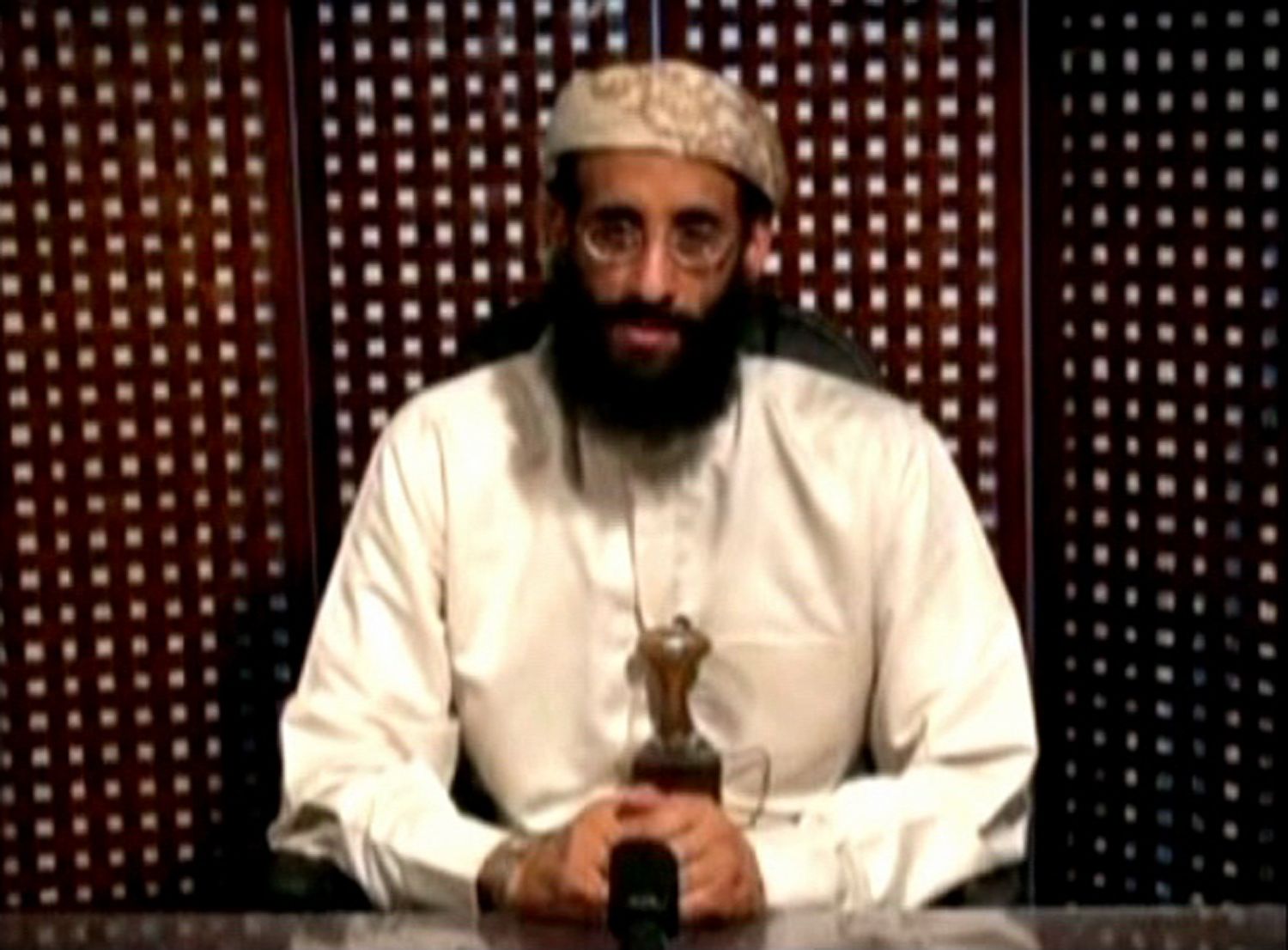
An American Al-Qaeda chief played a central role in a failed 2009 Christmas Day plot to detonate a bomb on a plane as it approached Detroit, new documents reveal.
Anwar al-Awlaki recruited, inspired and guided the young Nigerian national Umar Farouk Abdulmutallab to the "martyrdom mission."
Awlaki died in 2011 when he became the first American citizen killed in a U.S.-ordered drone strike without charges against him. Barack Obama's administration cited al-Awlaki's suspected role in the plot as the main justification for killing him.
New FBI interviews with Abdulmutallab, revealed in documents obtained by the New York Times under the Freedom of Information Act, show that Awlaki directed the young Al-Qaeda member from the militant group's safe houses in Yemen,
Al-Qaeda's most dangerous wing, Al-Qaeda in the Arabian Peninsula, or AQAP, is largely situated in Yemen.
An FBI interview summary states that Awlaki "provided daily instruction and religious guidance" to Abdulmutallab and ordered him to "book a connecting flight on board a U.S. plane" with the aim of detonating his device while over American soil.
Awlaki told the Nigerian the attack must "occur on board a U.S. airliner," and even planned his journey, telling him to take a connecting flight to Africa, before boarding another flight to the U.S.
"Wait until you are in the U.S., then bring the plane down," Awlaki told the young recruit.
But the Nigerian's explosives, hidden in his underwear, failed to explode as the plane approached Detroit.
Read more: U.S. commando dies in raid on Al-Qaeda in Yemen
The FBI flew Abdulmutallab's relatives to the U.S. to speak to him and increase the chances of him opening up about the plot, the New York Times reports—a technique which proved a success. The case is likely to add weight to claims that torture is an unnecessary—and ultimately ineffective—means of extracting information from suspects.
Abdulmutallab helped security services with crucial intelligence, giving them descriptions of Awlaki's residence, the group's safe houses and a training camp in Yemen. He told the FBI about Awlaki's instructions regarding his martyrdom video, requesting that he "keep it short and reference the Quran."
The attack, if successful, would have been the deadliest on U.S. soil since 9/11.
Uncommon Knowledge
Newsweek is committed to challenging conventional wisdom and finding connections in the search for common ground.
Newsweek is committed to challenging conventional wisdom and finding connections in the search for common ground.
About the writer
Jack is International Security and Terrorism Correspondent for Newsweek.
Email: j.moore@newsweek.com
Encrypted email: jfxm@protonmail.com
Available on Whatsapp, Signal, Wickr, Telegram, Viber.
Twitter: @JFXM
Instagram: Read more
To read how Newsweek uses AI as a newsroom tool, Click here.








